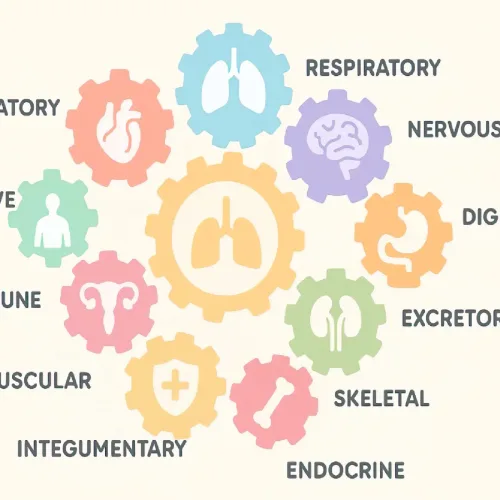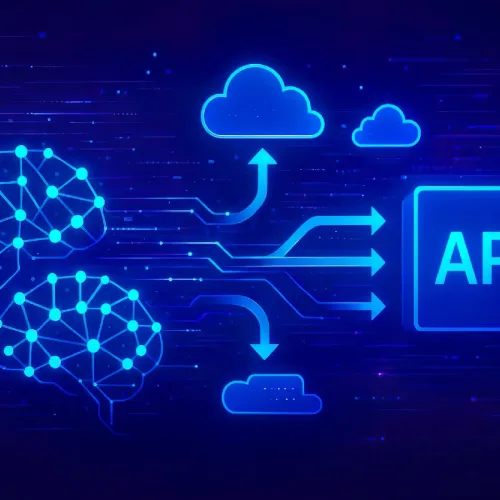You must have often noticed that you feel sleepy or tired in the afternoon. Sometimes your mind is fresh and clear, but some days your mind is not so clear. Do you know why this happens? The human brain is a small, delicate organ that weighs about three pounds. However, this small organ uses up to about 20 percent of the body’s energy. What I mean to say is that this little one works harder than our heart, liver, and even our muscles. Whether it’s thinking, keeping a journal, or making a decision, each of these activities uses energy. This brain performs all these tasks very well. The question here is where this energy comes from. The simple answer is that it comes from glucose, the same glucose that is present in your diet. Most people do not understand the connection between carbohydrates and the brain function. For example, you might feel tired in the afternoon.
Moreover, you may have difficulty in maintaining the focus on a point during a meeting. We often do not consider that our food choices can play a significant role in our overall health issues. It is important to understand how carbohydrates affect our brain. This is not just a trivial piece of information, but it can improve our daily mental performance.
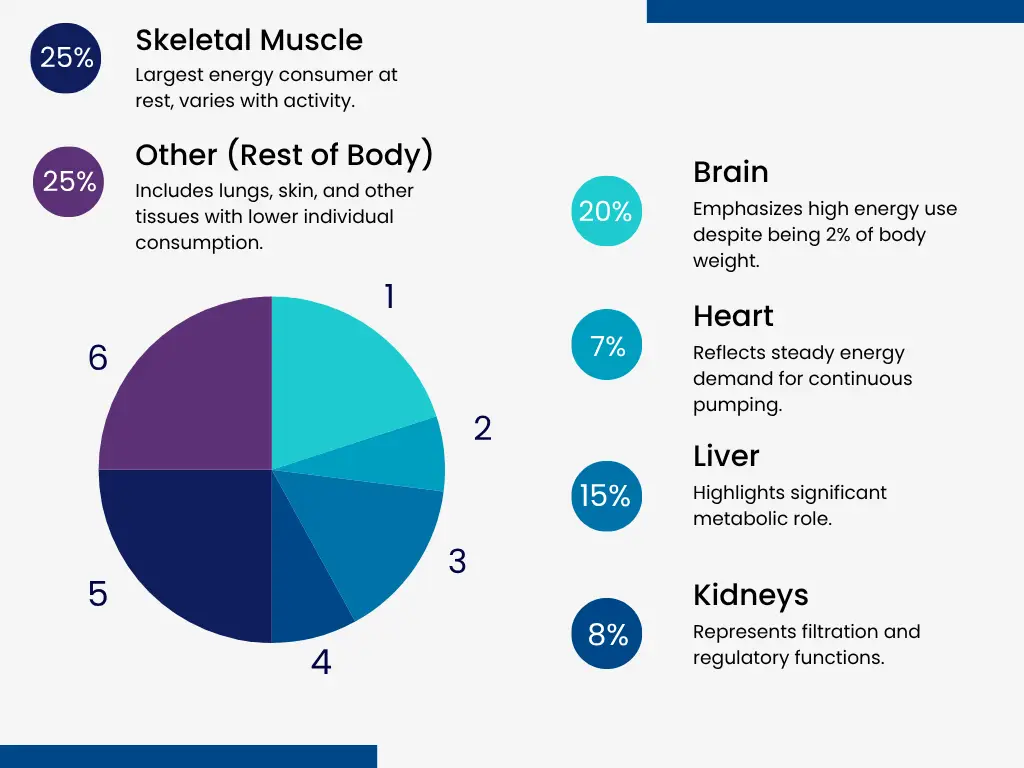
In this article, we will see how these carbohydrates affect our mental energy. We will explore what is the best time for food energy. Additionally, we will look into what dietary mistakes can negatively impact our mental energy. We will try to find the answers to all these questions in this guide, so let’s get started.
The Brain’s Glucose Highway: How Sugar Becomes Mental Energy
You need to explore how carbohydrates fuel your brain. This fascinating journey begins from our plate of food. It extends to the firing of neurons in our brain. It is a truly fascinating process. Various biological factors work seamlessly together. They guarantee that your brain is constantly getting the energy it needs.
1. From Bite to Brain: The Carbohydrate Journey
When we eat carbohydrates, such as those found in whole grain bread or toast, our body converts them into glucose, which plays a role in providing energy to our cells. This whole process starts in your mouth. Enzymes start breaking down these undigested substances. Then this process continues through the stomach and small intestines. Eventually, all the carbohydrates are converted into glucose.
The simple carbohydrates in soft drinks or candies are digested quickly. They quickly increase your blood sugar levels. This makes you feel energetic quickly. On the other hand, complex carbohydrates are found in vegetables, pulses, or whole grains. They are digested slowly and release glucose steadily. This steady glucose is crucial for brain energy. Large fluctuations in blood sugar caused by simple carbohydrates decrease your energy. This makes it difficult to concentrate on any task. Therefore, we should try our best or rely more on vegetables, pulses, etc. instead of soft drinks or toffees.
2. Crossing the Blood-Brain Barrier
When glucose enters the bloodstream, it must pass through a protective barrier to reach the brain. This barrier protects the brain from harmful substances. There are special helpers called glucose transporters — GLUT1 is one of them — that carry this glucose across this barrier.
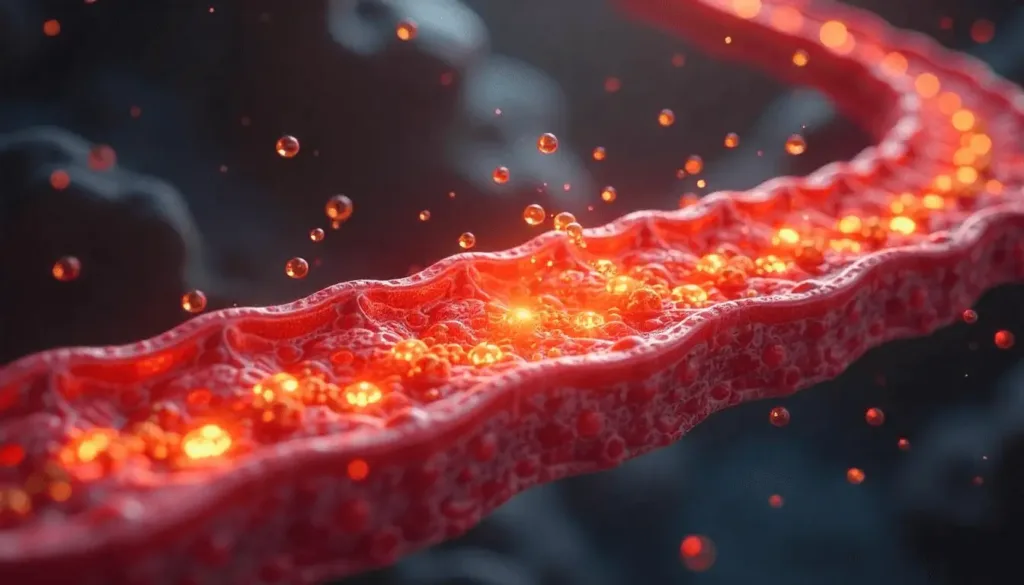
One thing is very interesting here: the brain mainly depends solely on glucose for energy, while the rest of the body also uses fat for energy. All these glucoses act as a fuel for all our tasks. Whether it is the simplest task or the most complex project, these glucoses are needed for every process.
3. The Cellular Energy Factory
So the thing is that inside neurons, glucose has to go through a process called glycolysis. In this process, glucose is broken down into pyruvate, which then reaches the mitochondria. And that is where the magic happens — ATP, or adenosine triphosphate, is created. Think of ATP as the energy currency of our cells.
Now this energy is absolutely essential for the brain. It plays a vital role in tasks like forming new memories, maintaining attention, and making decisions. That’s why a steady supply of glucose is so important; without it, our mental performance can really suffer. Isn’t it amazing how smart our bodies work?
The Focus Formula: Which Carbs Enhance Cognitive Performance
As you know, not all carbohydrates are created equal, especially when it comes to fueling the brain. It is very important what kind of carbohydrates you eat, when you eat them, and how much you eat. All of these things directly affect your brain’s performance.
Just think: your focus, your ability to think clearly, and your endurance to perform mental tasks. All of these can be affected by these little things. If you understand how these factors are connected, you can optimize your diet to boost health. This will keep your brain functioning at its best.
1. Carbohydrates and Mental Performance
And here is a really useful thing: the glycemic index. It’s a way to gauge how different foods affect your brain. Foods that score 55 or lower, like steel-cut oats, can give you sustained energy for 3 to 4 hours.
If a food has an index in the middle (56-69), like whole wheat bread, it provides about 2 to 3 hours of energy. However, if you eat foods with an index of 70 or higher, like white bread, you will only get 1 to 2 hours of energy. Sugary snacks also have the same effect. After eating such foods, you’ll suddenly feel a drop in energy.
So it’s really important to pay attention to what you’re putting on your plate.
| Food | Glycemic Index | Cognitive Impact |
|---|---|---|
| Oatmeal | Low (55) | Sustained energy, improved focus |
| White Bread | High (75) | Quick energy spike, followed by crash |
| Lentils | Low (32) | Stable energy, supports memory |
| Soda | High (68) | Rapid spike, impairs sustained attention |
2. Timing Our Brain Fuel
When it comes to eating carbohydrates, timing really does affect our brain performance. If you are doing something mentally challenging, like research or a meeting, eat carbohydrates an hour or two before. This will help maintain your glucose levels. A 2018 study published in the journal Sports found that athletes who ate carbs 30 to 60 minutes before exercise had better reaction times. Carbohydrates improved their visual processing. This suggests that similar timing might be beneficial for mental tasks.
Now for another interesting thing: A new study published in Frontiers in Aging Neuroscience in 2022 found something noteworthy. If you fast for 16 hours or more, it can reduce some of the negative mental effects of eating large amounts of carbs. This is especially beneficial for older adults.
And a little tip: If you eat regularly every three to four hours, you may be able to stave off that afternoon fatigue. Also, focus on foods with a low glycemic index (low-GI) among these meals to prevent lethargy. A study published in Appetite found that following a low-GI meal plan can improve attention spans.
The bottom line is: balancing energy is the real game.
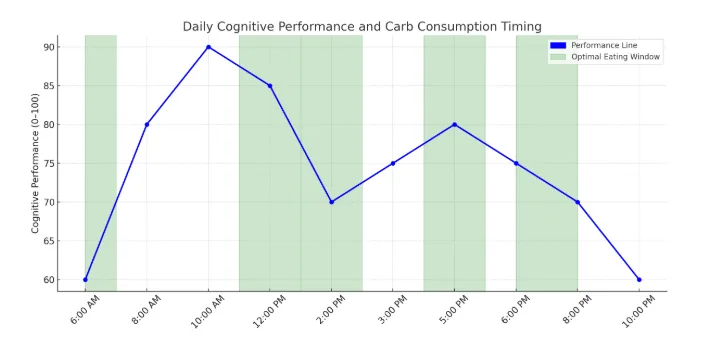
Alternative Brain Fuels and Special Circumstances
You know, glucose is generally considered the primary fuel for the brain. But the story does not end there! It is really interesting to explore other energy sources and see how they affect us differently.
Everyone is different, right? So how to boost brainpower often depends on the situation and stage of life. Sometimes glucose works best, and sometimes other sources like ketones or fats can be beneficial.
The point is, we need to understand our energy needs in depth. When we do this, we can better optimize our mental performance. It’s not just about fuel, it’s about the right timing, the right amount, and the right choices.
Age, Activity, and Individual Variation
The way our brains fuel up really changes depending on a few things—like how old we are, how active we are, and even how our metabolism works. For example, kids and teens need a good bit more glucose since their brains are still developing. On the other side, older ones often have to be a bit more careful with their carbs to help keep their brains sharp and fend off any decline.
And then there is exercise! It is quite fascinating how working out can boost insulin sensitivity, which helps with glucose regulation and overall cognitive function. But, I mean, if you go all out with intense workouts, you might burn through your glycogen stores pretty quickly. That’s when you really need to think about refueling with some carbs.
Oh, and let’s not forget—everybody is different! Some people are more sensitive to changes in their blood sugar, and that can really affect how they respond to carbohydrates when it comes to thinking and focus.
Practical Brain Nutrition: Optimizing Your Mental Menu
Understanding how carbohydrates affect our brains is one thing. However, this knowledge does not mean much until we can turn it into something useful in our daily lives. So, let’s dive into some practical tips! Here are a few ideas to help you boost your brainpower by making smarter choices when it comes to carbs.
1. The Cognitive Performance Meal Plan
To fuel your brain effectively, prioritize complex carbohydrates in your diet. Here’s a sample plan:
- Breakfast: Oatmeal with berries and walnuts
- Lunch: Quinoa salad with mixed vegetables and grilled chicken
- Dinner: Brown rice with stir-fried broccoli and tofu
- Snacks: Apple slices with almond butter or carrot sticks with hummus
Eat every 3-4 hours to maintain stable blood sugar. Consume a complex-carb meal 1-2 hours before high-cognitive-demand tasks, like exams or presentations. This helps improve focus.
2. Troubleshooting Mental Energy Problems
Struggling with brain fog or afternoon crashes? Try these strategies:
- Choose low-GI foods to avoid blood sugar spikes.
- Pair carbs with protein or healthy fats to slow digestion.
- Stay hydrated, as dehydration impairs cognition.
- Prioritize sleep, which supports memory consolidation.
Conclusion
Carbohydrates play a crucial role in keeping our brain healthy. They give us the glucose we need to stay focused, remember things, and make decisions. It is important to go for those complex carbohydrates when we can—think whole grains, fruits, and veggies. Timing our meals can make a difference too. If we tailor what we eat to fit our personal needs, we can really boost how our brains work.
And, hey, it doesn’t stop there! Pairing good carbohydrates with regular exercise, getting enough sleep, and managing stress is key. It is all about taking a well-rounded approach to our mental vitality.
References
- Arshad et al. (2025). Role of Dietary Carbohydrates in Cognitive Function: A Review. Food Science & Nutrition. https://onlinelibrary.wiley.com/doi/10.1002/fsn3.70516
- Zhao et al. (2022). The association of diet carbohydrates consumption with cognitive function among US older adults. Frontiers in Aging Neuroscience. https://www.ncbi.nlm.nih.gov/pmc/articles/PMC9550221/
- Gilsenan et al. (2009). The influence of carbohydrate on cognitive performance. British Journal of Nutrition. https://pubmed.ncbi.nlm.nih.gov/19278571/
- Benton et al. (2018). Effect of Carbohydrate Intake on Maximal Power Output and Cognitive Performances. Sports. https://pmc.ncbi.nlm.nih.gov/articles/PMC5968900/

